15 Reasons Why Most Family Emergency Plans Fail and How to Improve Them

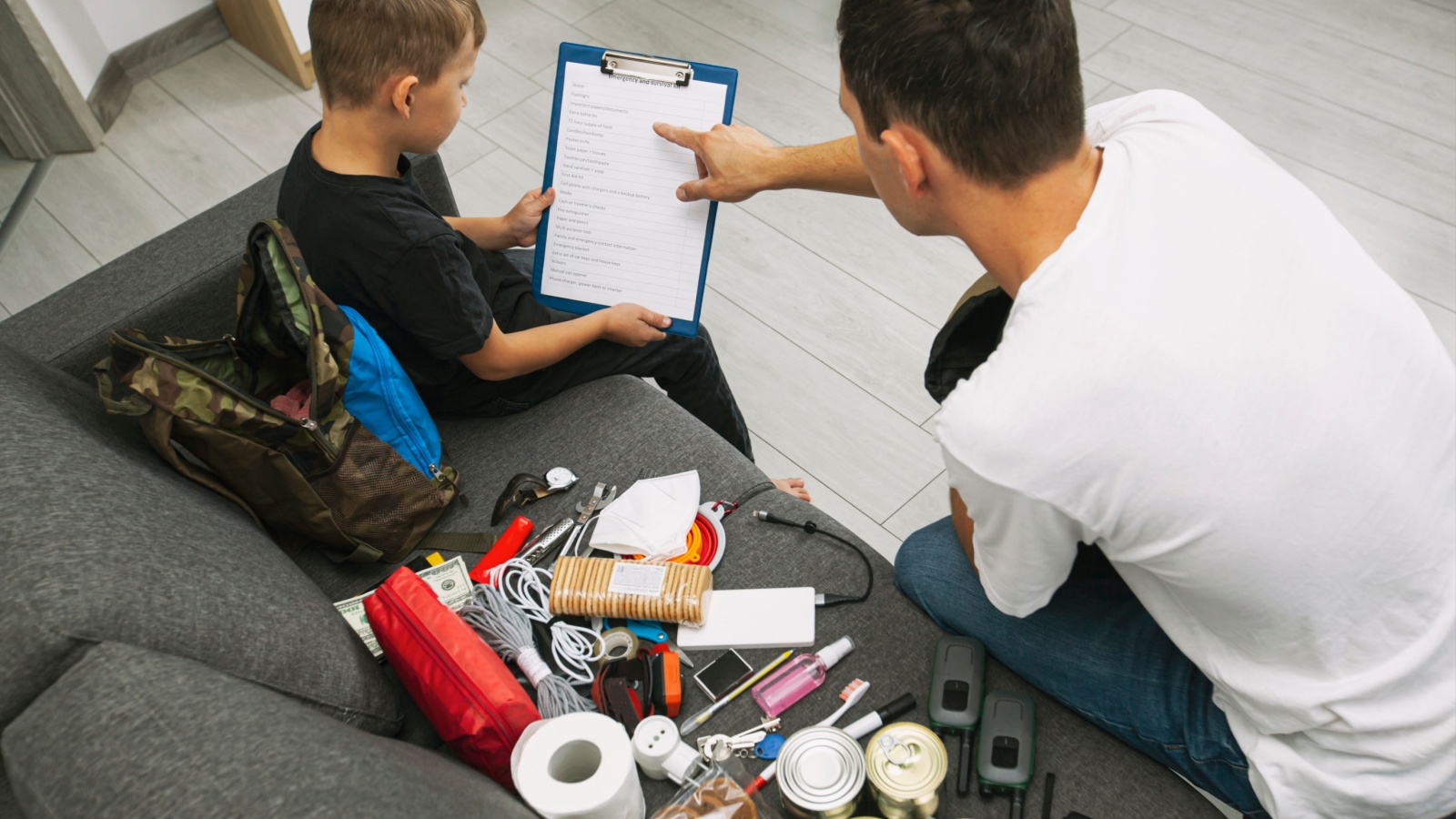
You think your family’s emergency plan is foolproof, but is it really ready for a crisis? Many families find out too late that their plans have serious flaws.
Common issues include outdated information and poor preparation. By fixing these problems, you can improve your plan and make sure your family is truly prepared for any emergency.
We’ll point out what usually goes wrong and give you practical tips to create a more dependable emergency plan.
Your family emergency plan must stay up to date. Not updating your plan can leave you vulnerable. For example, if you last updated your plan five years ago, many things have likely changed since then, such as new family members or changes in health.
Emergency plans should reflect current threats. For instance, new technologies and different natural disaster patterns can impact how you respond. Keeping your plan current ensures you are prepared for these changes.
Another reason to update regularly is changes in contact information. Phone numbers and addresses can change, making it crucial to review your plan often. Making these updates can be the difference between safety and chaos.
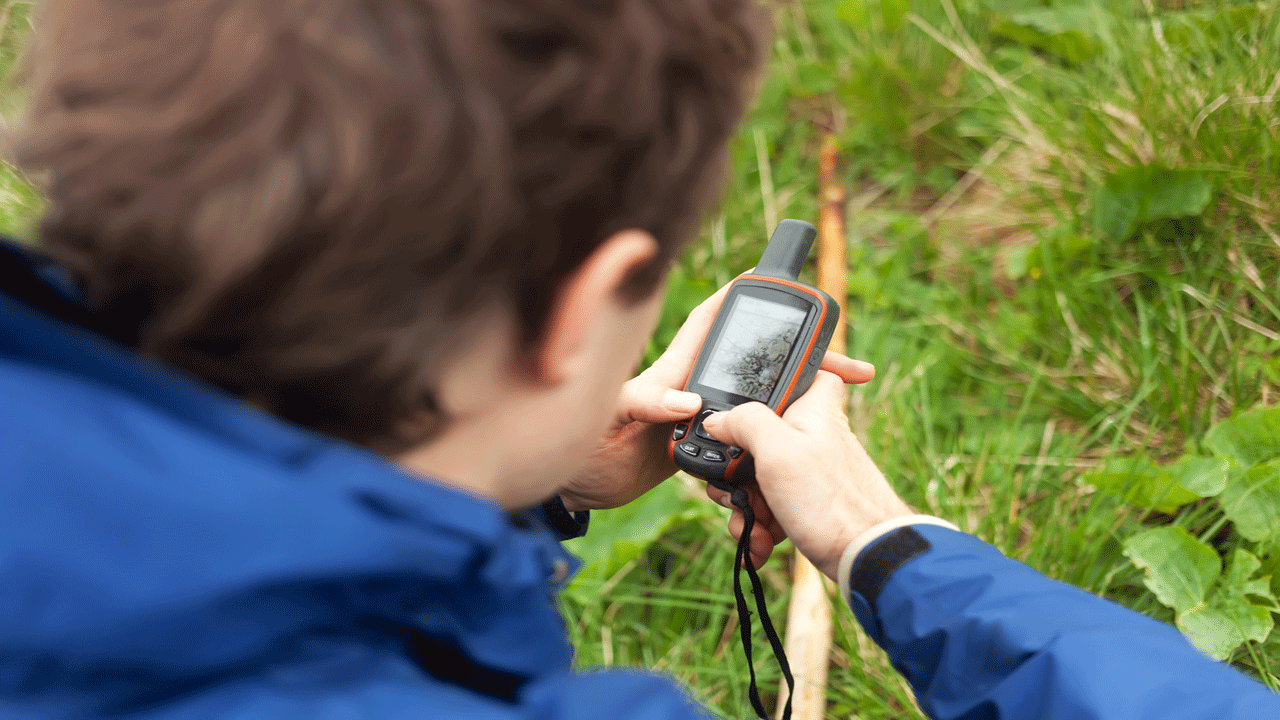
Lack of reliable communication can make an emergency plan fail. When disaster strikes, cell towers might go down, and internet access may disappear.
Having multiple ways to communicate is crucial. Consider a mix of radios, satellite phones, and offline messaging apps. Having various communication methods ensures you can stay in touch under different circumstances.
Training your family on how to use these tools is key. Frequent drills ensure everyone knows what to do, reducing chaos.

When family members don’t know what to do during an emergency, chaos can ensue. It’s vital to assign clear roles to everyone in your family. This includes tasks like turning off utilities, gathering emergency supplies, or contacting relatives.
If roles are not defined, critical tasks can be missed. For example, if no one knows who is responsible for calling emergency services, valuable time can be wasted.
Make sure each family member understands their responsibilities and practices them regularly. This ensures that everyone is prepared and can act quickly when necessary.

Not practicing your family emergency plan can lead to confusion and mistakes. When an actual emergency happens, everyone might panic if they haven’t rehearsed what to do.
Regular drills help everyone remember their roles. You can use a family emergency plan evacuation map to practice the best exit routes.
Practice also helps identify any problems with your plan. This way, you can fix them before an emergency strikes.
Without practice, even the best plan can fail when it’s needed the most. Make drills a regular part of your routine.
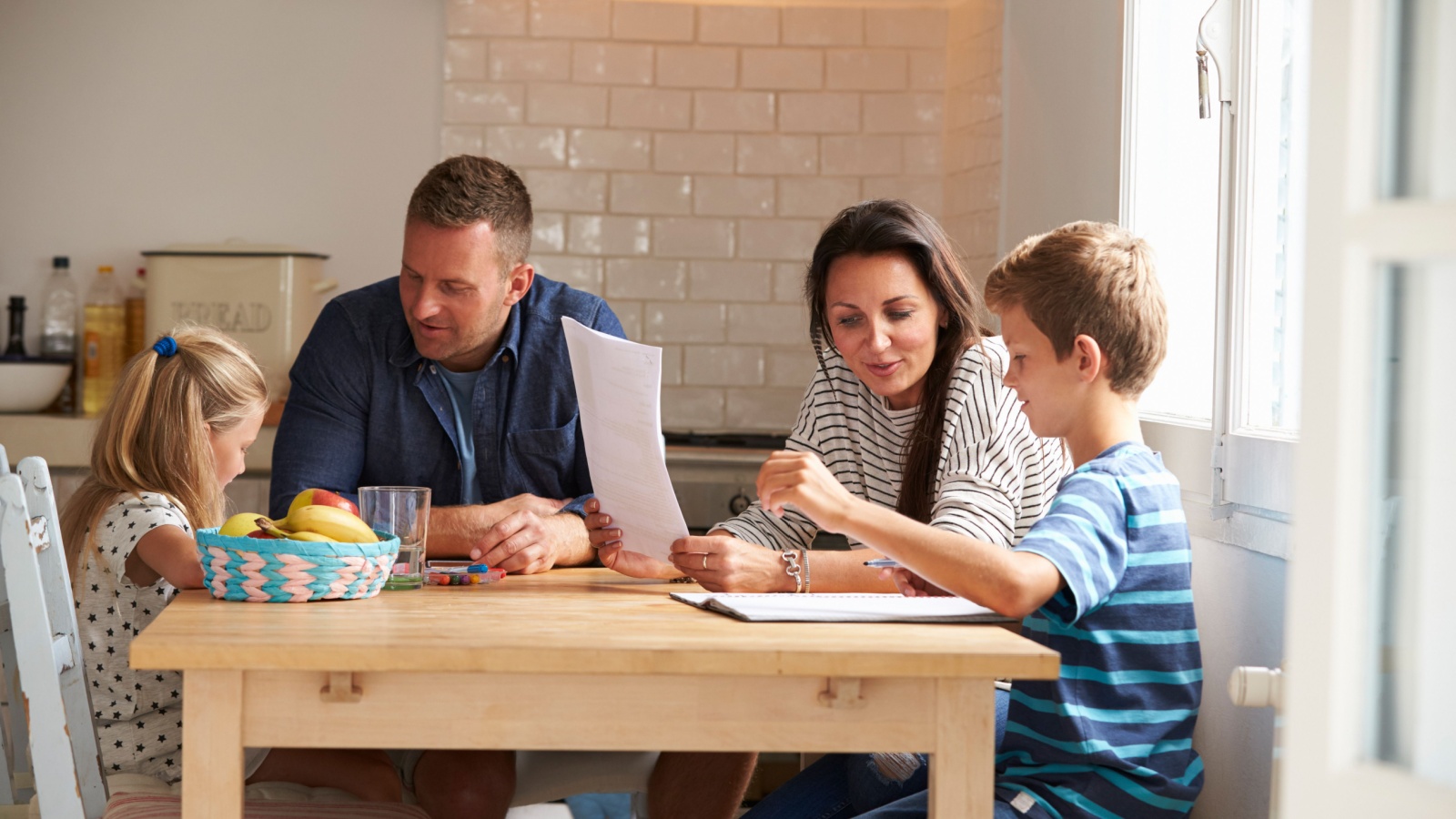
You must keep your emergency contact information up to date. Phone numbers change, people move, and emails get deleted. If your contacts are not current, you may not be able to reach your family in an emergency.
Make it a habit to review and update your contact list regularly. Aim for at least twice a year.
In a crisis, having the wrong contact information can lead to confusion and delays. Staying updated ensures that you can connect with your loved ones when it matters most.
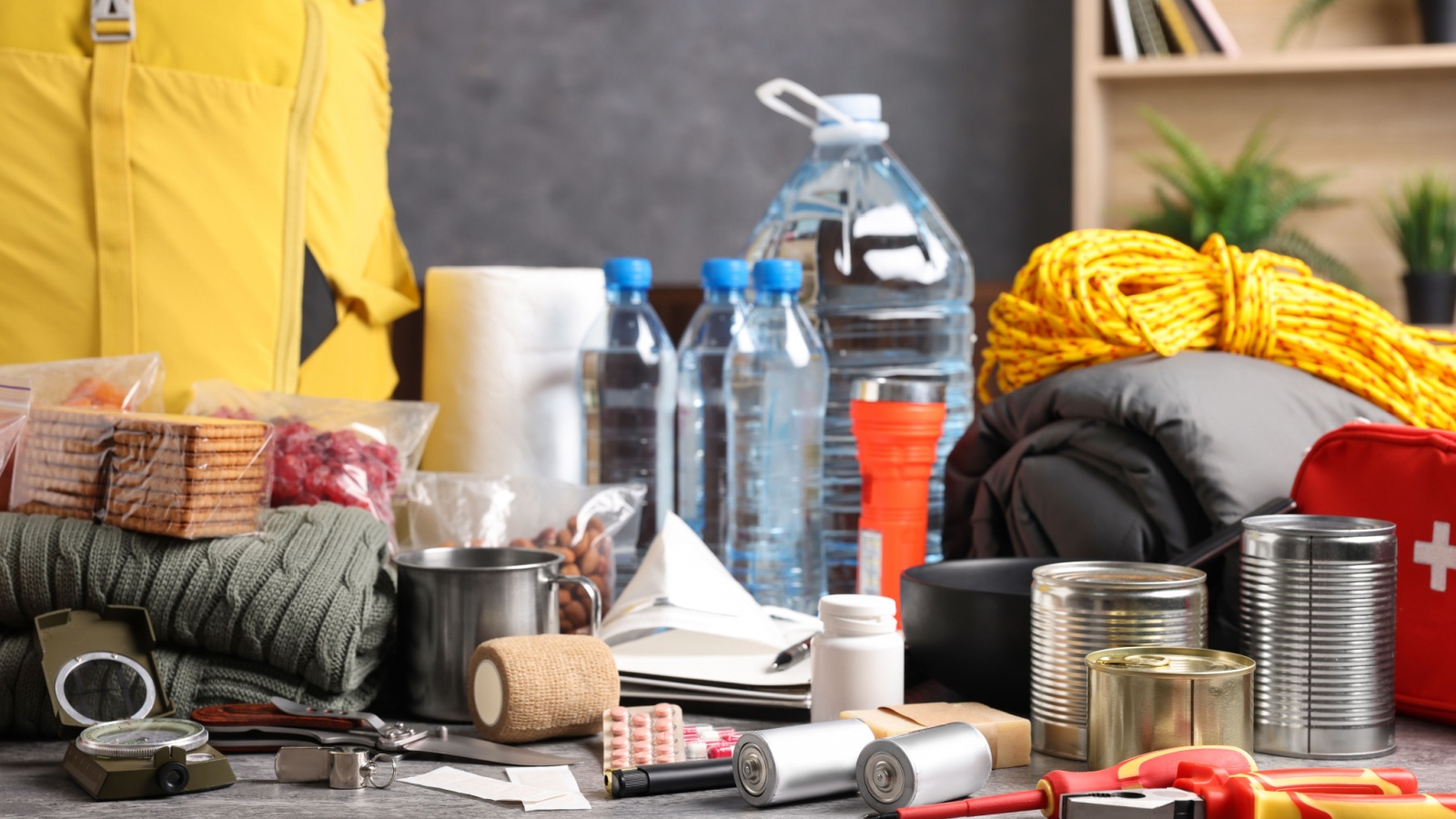
One common issue with family emergency plans is not having enough supplies. You need enough food, water, and medicine to last at least three days.
Consider stocking at least one gallon of water per person per day. Don’t forget food that doesn’t spoil, like canned goods.
Don’t overlook necessary medications. Make sure you have extras of essential prescription and over-the-counter drugs.

Not having clear evacuation routes can put your family at risk during an emergency. You need to know multiple ways to leave your home and neighborhood. This is important for disasters like floods and wildfires.
Imagine roads being blocked or too crowded to use. You should plan different routes in advance to avoid getting stuck. Make sure everyone in your family knows these routes and practices them regularly.
Check your community’s local evacuation plan. It can provide helpful information about safe areas and shelters. Planning with your community ensures you are prepared and safe during emergencies.

Having a main emergency plan is great, but what if it fails? That’s where a backup plan comes in. Without one, you’re left scrambling if conditions change or the original plan becomes impossible. For example, if your primary meeting spot is unreachable, having an alternate can save you valuable time and stress.
A backup plan addresses what to do if initial supplies run out or if communication methods fail. You need to know how to adapt. This could mean having extra food and water stored in different locations or knowing several routes to your safe location.
Not having a backup plan leaves you vulnerable. It’s essential to think of different scenarios where your first plan might not work and create alternatives for each one. By doing this, you can ensure you and your family stay safe no matter what happens.

When planning for emergencies, it’s vital not to overlook the special needs of family members. Children with disabilities can face greater risks during disasters. Planning for these needs ensures that you have the necessary support and supplies when they are needed the most.
To ensure safety, recognize and plan for specific requirements, such as specialized medical equipment or medications. Make sure you have a plan in place that addresses these unique needs.

Having a solid financial plan is key to dealing with emergencies. Without savings, unexpected costs can hit hard and disrupt your family’s safety. Studies show most families in the U.S. lack emergency savings to cover income losses or sudden expenses.
When a family faces an emergency with no financial cushion, they might need to take on debt, which adds stress. Building an emergency fund can help you avoid this pitfall. Try to save enough to cover at least three to six months of basic living expenses.
Financial planning also includes having insurance to cover major risks. Making sure you have health, home, and life insurance can protect you from devastating financial loss. Being prepared financially means you face emergencies with more confidence and less worry.

Many disaster plans overlook pets, which is a major flaw. Pets need to be part of your emergency plan, as they are family members, too.
If you don’t prepare for your pets, it can lead to complications during an emergency. Make sure your pets have ID tags with your contact info. During evacuations, bring pet food, water, and medication. Having these items ready will save time and reduce panic.
Including your pets in your disaster plan ensures their safety and gives you peace of mind in a crisis.

In a crisis, mental health is just as important as physical safety. Families often forget to include psychological support in their emergency plans. Stress and fear can take a huge toll on both kids and adults.
Discussing emotions and fears helps everyone stay calm. This reduces panic and prevents mistakes during emergencies. Simple conversations about these feelings can be very helpful.
Also, practicing your emergency plan regularly boosts confidence. When everyone knows what to expect, they are less likely to panic. Make sure your family feels prepared mentally and emotionally. This can make handling any crisis easier and more effective.

Mismanagement of medical information can cause significant issues in emergencies. Families often overlook the importance of keeping updated medical records. Not having quick access to information about allergies, medications, and medical conditions can lead to dangerous delays in treatment.
Emergencies require quick decisions based on accurate information. Without proper records, medical professionals may not know critical details. This can complicate care and lead to suboptimal outcomes, especially for individuals with chronic conditions.
Consider maintaining an updated medical summary describing conditions, medications, and special health care needs. This can inform healthcare providers effectively and improve the response in an emergency.

When you don’t review the emergency plan with your children, they might not know what to do in a crisis. This can cause confusion and panic.
Children need clear instructions. They must know who to call and where to go. You should practice the plan regularly so they remember it.
Set aside time to explain the importance of the plan to them. Reviewing this can be the difference between safety and danger.

Skipping risk assessments is a major mistake in family emergency plans. This step helps you understand the dangers you might face. Knowing these risks lets you prepare better and make safer choices. Without it, you might miss key steps that keep your family safe.
Risk assessments identify things like natural disasters, fires, and medical emergencies. For example, if you live in an area prone to earthquakes, your plan should include specific steps to protect against them. Without assessing risks, you won’t be ready for the specific problems that may arise.
Taking the time to analyze risks means you’re not caught off guard. When emergencies happen, a well-prepared plan can make all the difference.
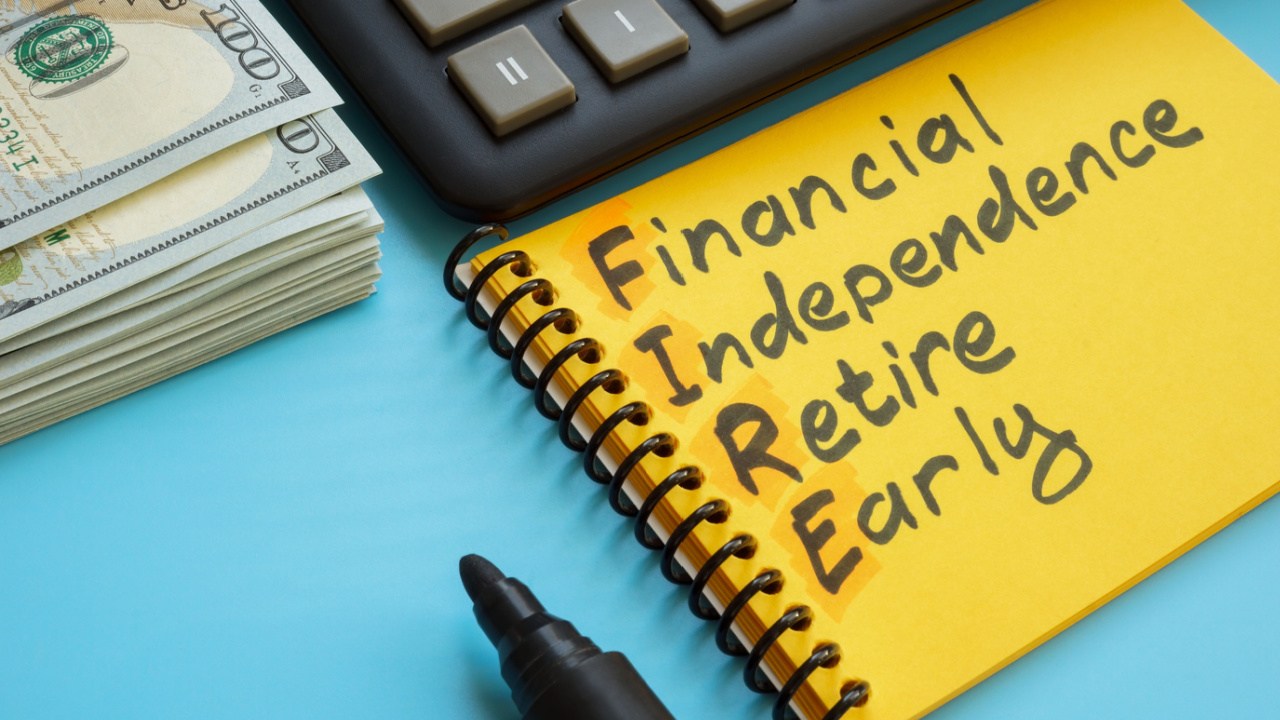
FIRE – Financial Independence, Retire Early. That’s the dream, right? Quit the rat race and live life on our own terms. It’s totally doable. Plenty of people join the FIRE movement and manage to retire pretty quickly. And there’s a LOT of advice out there on how to do it. Sadly, much of the advice is outdated or just plain bad.
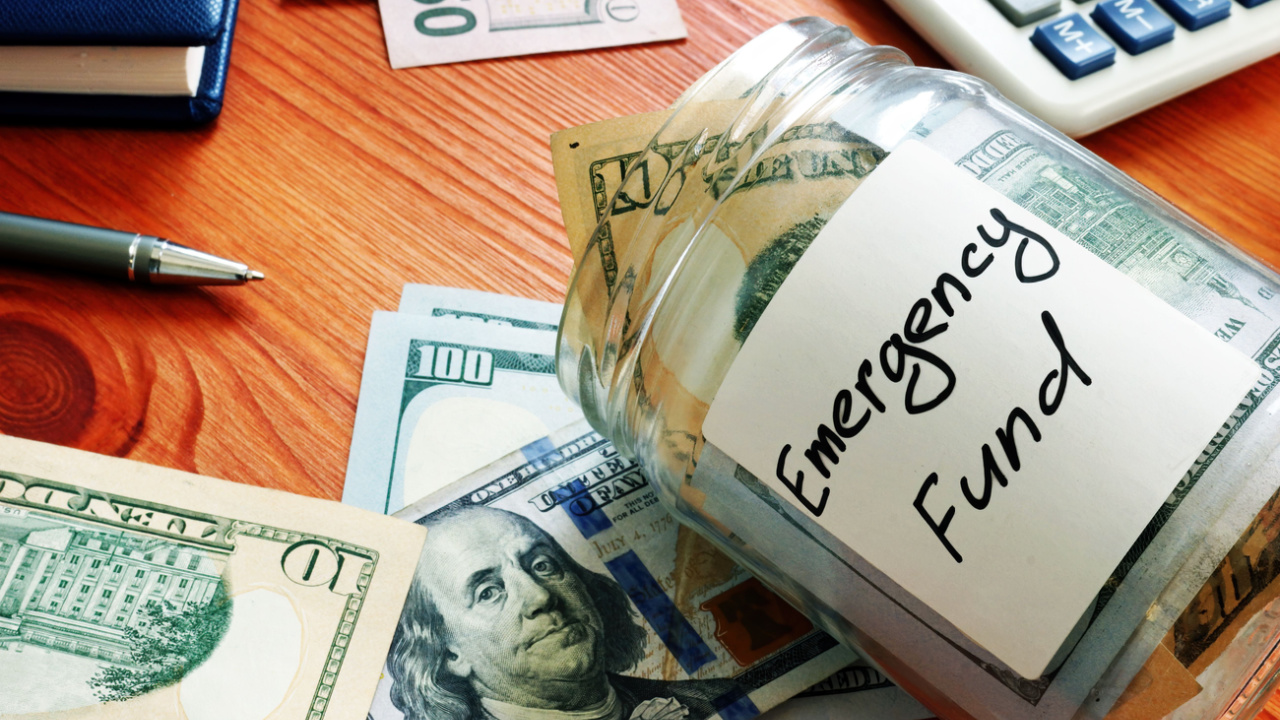
In times of uncertainty, financial stability is more crucial than ever. While prepping for physical emergencies is vital, don’t overlook financial prepping. Avoiding these common money mistakes can help make sure you’re in a stronger position to weather any storm.

Preparing for a recession is more important than ever in these uncertain times. I understand the challenges and fears you might face, so I’ve compiled these 25 actionable tips to recession-proof your prepping plans. Each suggestion can help you stay ahead, ensuring that you’re surviving and thriving, even in tough economic times.
